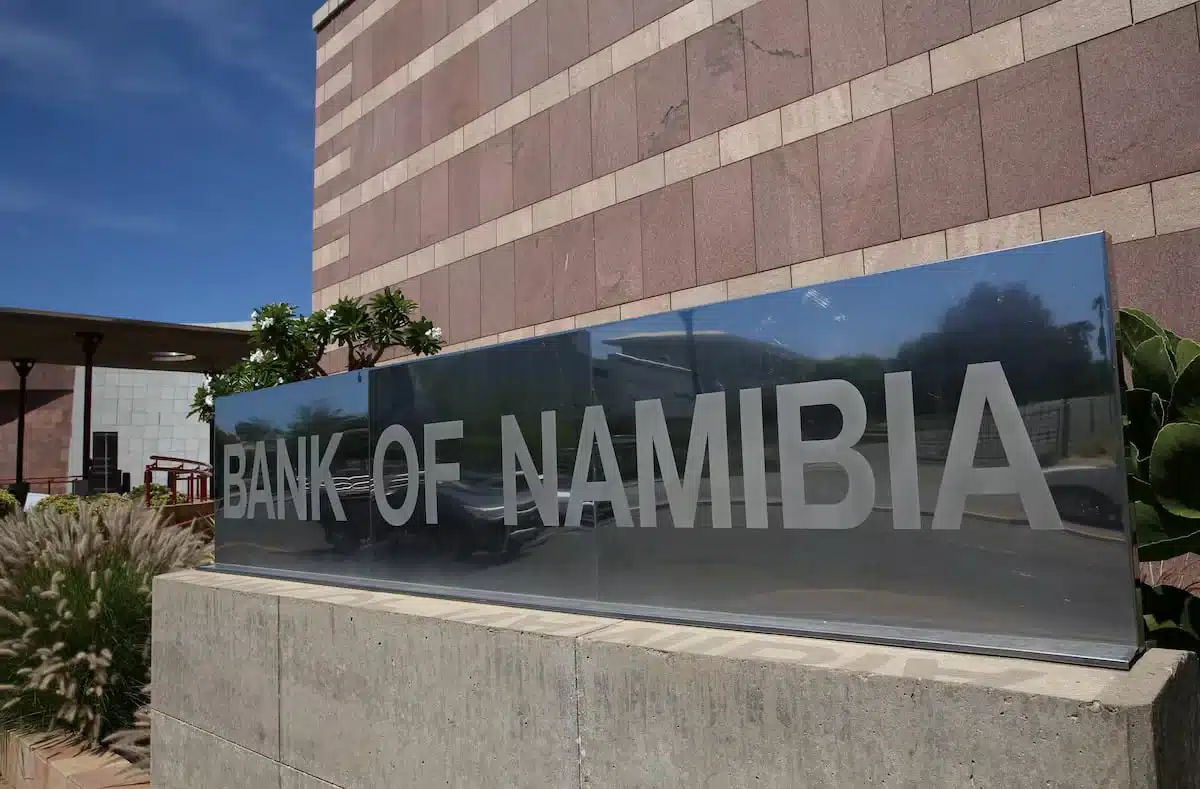Egypt recorded a record-high primary surplus of $8.5 billion—equivalent to 2.5% of GDP—in the last eight months of its fiscal year ending March 2025, marking a significant improvement in the fiscal management despite lower revenues from the Suez Canal and petroleum sector.
Finance Minister Ahmed Kouchouk revealed, on Wednesday, that the surplus was achieved even as the country lost $2.15 billion in canal receipts and channelled EGP $2.9 billion into energy subsidies.
Revenues grew 32% year-on-year between July and March, outpacing expenditure growth of 24%, while tax receipts surged 38% without the introduction of new taxes.
The government also reported progress on reducing its fiscal deficit, which narrowed to 6.3% of GDP, with spending as a share of GDP remaining broadly stable.
Inflation dropped sharply to 13.6% in March 2025, from 33.3% a year earlier, while international reserves rose to $47.7 billion.
Investment rebounds as canal activity picks up
Since February, 166 ships have rerouted back to the Suez Canal—an early sign of confidence returning to one of Egypt’s most vital foreign exchange earners.
Private sector investment accounted for 59% of total capital inflows in the first half of the fiscal year, growing at an annual rate of 80%.
Growth was also strong across key sectors, with tourism rising 13.1%, non-oil manufacturing up 12.4%, and ICT expanding by 15.1%.
Social spending increased across the board: food subsidies jumped 37%, healthcare spending rose 27%, and education expenditure climbed 23%.
The Takaful and Karama cash transfer programme also saw a 24% boost to $5.8 million
Fitch affirms stable outlook as debt begins to fall
This strong fiscal showing aligns with Fitch Ratings’ recent affirmation of Egypt’s ‘B’ credit rating with a Stable Outlook.
In its April report, the agency cited the country’s large economic base and continued multilateral support as key strengths, even as it flagged high debt interest costs and external vulnerabilities.
Fitch expects general government debt to decline from 89.4% of GDP in FY2024 to 80.4% by FY2026, although it remains well above the 50.6% average for similarly rated economies.
The agency also acknowledged the government’s new reporting approach that includes 59 public entities, nearly halving the debt interest-to-revenue ratio and improving transparency.
Kouchouk, for his part, noted a $1 billion drop in external debt linked to the budget in just eight months. He added that renewed foreign investor appetite has helped extend Egypt’s average debt maturity to 1.8 years as of December 2024.
The growing primary surplus in Africa’s third largest economy suggests the country is now better positioned to meet its debt obligations—a key metric for both lenders and investors.
As Africa’s largest debtor to the IMF, Cairo’s ability to sustain fiscal discipline while cushioning its economy from external shocks will likely weigh heavily in future funding assessments by multilateral partners.








